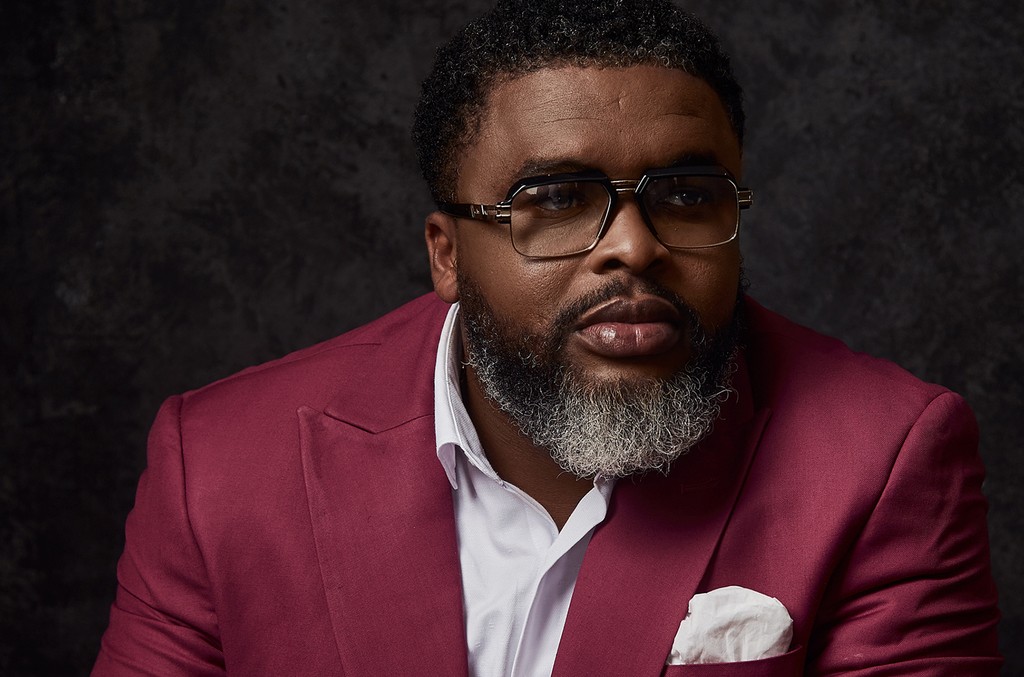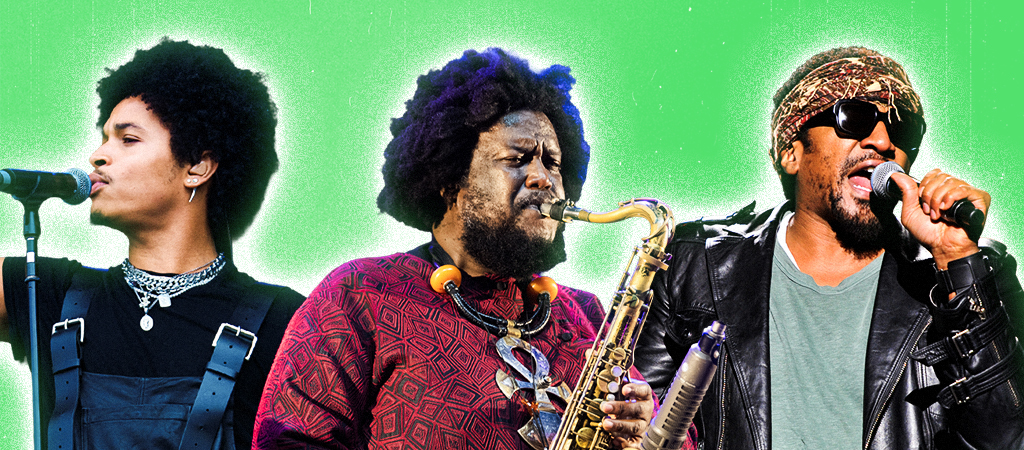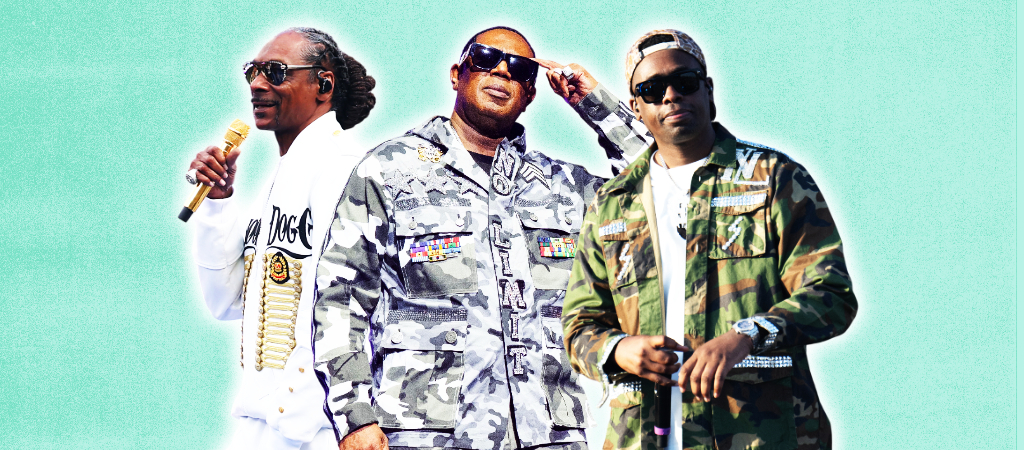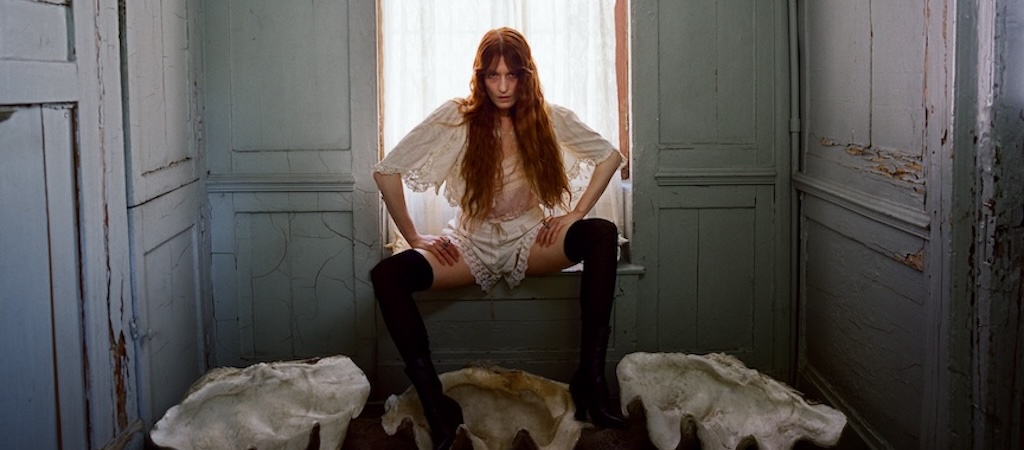LAGOS, NIGERIA — Only three years ago, most major Nigerian film producers didn’t bother to pay musicians before using their music in films — or even to ask permission. “Nollywood,” a sobriquet for the Nigerian film industry, didn’t think it had to, releasing hundreds of movies each year shot with lousy sound and shoddy picture quality that were typically pirated and sold for $3 or less in the public markets of Lagos.
But in 2017, Lady Donli, a self-described “Pan-African rock star,” became part of a sudden movement by emerging Nigerian artists who began to fight back. After discovering that a popular Nigerian film screening in theaters had used 10 seconds of her song “Kashe Ni,” Lady Donli went to the cinema, discreetly filmed the movie extract and filed a lawsuit against the producers. After five months of negotiation, the case was settled out of court, with some key details still protected by a confidentiality agreement. “I don’t know why [the movie producers] thought they could get away with that,” she says. “I guess that’s because I was a young artist, so they thought I wouldn’t care. It’s ridiculous.”
That same year, entertainment lawyer Oyinkansola Fawehinmi, and two of her colleagues at Green Light Music Publishing, filed a precedent-setting copyright infringement claim on behalf of several clients, including Puffy Tee, a Nigerian singer-songwriter and record producer. The legal action was against “one of the highest-grossing Nigerian movies of all time,” says Fawehinmi, who specializes in music and film law. The suit claimed Puffy Tee and other composers were owed 100 million naira ($256,000), a considerable sum in an industry where film production budgets average about $40,000. The parties eventually settled the case out of court for around 2 million to 4 million naira ($5,000-$10,000), says Fawehinmi, who declined to disclose the name of the film, citing a nondisclosure agreement.
While the settlement was modest, Fawehinmi’s lawsuit proved a turning point in the battle for music composers and producers’ rights in Nollywood. The case established a precedent for producers who are also composers to be able to claim their publishing rights. Nigerian entertainment lawyers say they are not aware of any infringement claims made and settled before the 2017 case.
“This agreement changed the standards in the industry,” says Fawehinmi. “After that case, the producers became fully aware of the need to pay for music as well as do the thorough clearance, because the ones we fought were trendsetters, so the others knew there was no turning back.”
The improving legal landscape for artists comes as Nollywood is booming, offering a burgeoning avenue for music producers to make more money. In a country where music infrastructure is almost nonexistent, publishing and performance royalties from licensing and composing for Nollywood is a welcome source of income for many young artists. (In spite of security concerns, music executives say live music represents over half of Nigerian artists’ income on average.)
Goodgirl LA, an emerging Afropop star, licensed three songs to one of the most recent Nigerian blockbusters, the romantic comedy Who’s the Boss, which opened in cinemas in February. “It was good money for me,” she says. “I am looking forward to doing more collaborations with the film industry this year. It is fantastic. You sing a song and make money from it in different ways.”
Nollywood began its inexorable rise in the early 1990s with Living in Bondage, a 1992 drama-thriller shot straight to video. Back then, Nigeria produced around 200 films a year. Today, Nollywood releases around 1,500 movies a year, making it the second-largest film industry in the world after India’s movie business (which includes Bollywood), which makes about 2,000 movies a year.
For Nigeria, a country with over 200 million people, Nollywood has become a major force in the economy. The film industry employs over 1 million people, making it the second-largest employer after agriculture. Yet with such a large and diverse industry, copyright infringement is still all too common. Yet the few entertainment industry associations that exist in Nigeria have little sway, says film producer Ego Boyo, “so some producers still can get away with these things.”
Contributing to the uncertainty is Nigeria’s shaky and historically corrupt legal system. The former British colony’s legal structure and copyright law are patterned on the U.K. system. But in Nigeria a typical court case takes between two and 20 years to resolve, according to the Africa Research Institute, a London-based think tank.
The slow pace of the judicial system is one reason why lawyers such as Fawehinmi opt to settle disputes rather than take them to court.
Fawehinmi’s private settlement was agreed to after Netflix started licensing Nigerian movies beginning in 2015. Her law firm initiated four different lawsuits on behalf of clients for copyright infringement for nonclearance of synch licenses against three movies that were on the streaming platform. Fawehinmi filed notices to Netflix to take down those films. “The Nigerian producers were coming back to us, eager to settle those cases,” she says. “They knew Netflix would not take their movie without settling with my clients first. We did a lot of out-of-court settling during that period.”
Nowadays, most film productions paying for music are those with large budgets by the standards of Nollywood, where films are rarely made for more than a few hundred thousand dollars. Producers pay between $100 and $2,000 to license a published song, depending on the popularity of the artist, according to Fawehinmi.
Commissioning a composer to write an original soundtrack costs about three times less than paying for the rights, according to Chinedu Chukwuji, CEO of the Copyright Society of Nigeria. Chukwuji has fought to ensure that rights holders earn royalties from the commercial exploitation of their work. “Some producers will tell you that they do not have the budget to pay for music,” says Chukwuji. “For them, it makes economic sense to get a music composer.”
Many Nollywood film producers are also hoping to promote the use of Nigeria’s Afrobeats music in their soundtracks to expand the films’ audiences and boost their revenue. Contemporary pop music made in West Africa has become increasingly popular internationally with the rise of artists such as Burna Boy and Davido.
Afrobeats’ success internationally has helped fuel overall revenue earned from recorded and live music in Nigeria over the past five years, which reached $35 million in 2017, according to PwC Nigeria. The accounting firm projects the figure could almost double to $65 million by 2022. (Global music industry organization IFPI, citing the unreliability of Nigerian collections, does not publish music revenue figures for the country.)
Last year, when two production companies, Play Network and Native Filmworks, were creating the sequel to Living in Bondage they turned to hitmaker Larry Gaaga. The Afrobeats artist composed and produced a 12-track original soundtrack featuring his friends and music superstars Davido, Flavor and Waje. The movie, Living in Bondage: Breaking Free, came out last November and debuted on Netflix on May 22. It features the first full album made by a Nigerian music superstar for a film, according to Ramsey Nouah, one of its producers. “The idea behind the partnership was to create a synergy between the music and film industries,” says Nouah.
“The producers gave me the storyline, and then I composed the music,” says Gaaga, who signed with Universal Music Group as a recording artist in 2018. “It’s good for me, and it also helps to create a buzz around the movie.”
Two years ago, UMG opened an office in Lagos, signing on other Nigerian superstars such as Tiwa Savage and Yemi Alade. The label now has 15 employees on the ground in the country and announced May 26 that it had launched Def Jam Africa, with offices in Lagos and Johannesburg. Sipho Dlamini, the managing director for sub-Saharan Africa and South Africa at UMG, hopes that Gaaga’s original soundtrack will lead to other collaborations between Nollywood and the label’s artists. “We need to create more bridges like they do everywhere else in the world,” he says.



